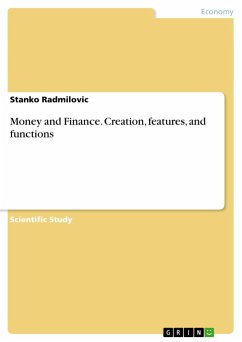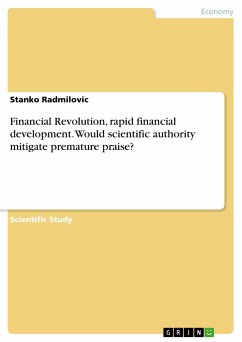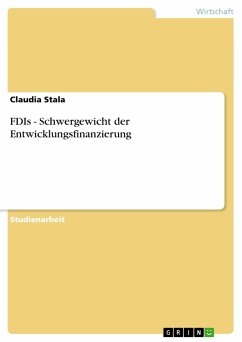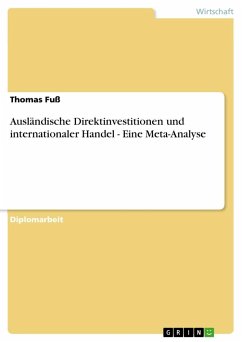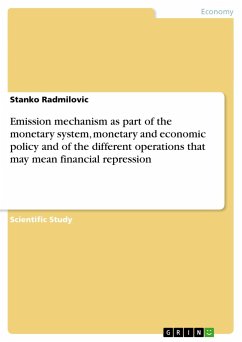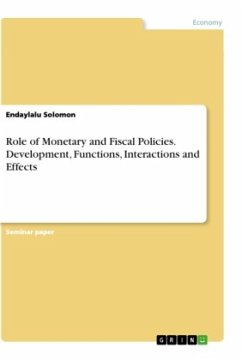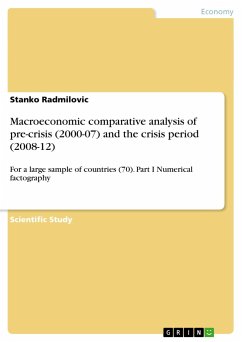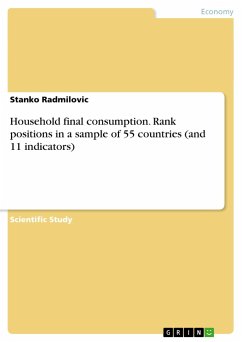Scientific Study from the year 2012 in the subject Economics - Macro-economics, general, University of Novi Sad, course: Economics, language: English, abstract: Back in the eighties, some of the most prominent Yugoslavian economists confided/complained to me that as "non-monetarians" they can hardly understand and follow discussions and articles regarding monetary and financial topics: that field, as they said, was somehow abstract, imaginary... I assume that for them, as well as for many economists from younger generations, not to mention non-economists, businessmen/"practical businessmen", politicians, etc, the World of money and finance is not less abstract and totally transparent even today, after the "financial revolution" "happened" during the previous three-four decades and after the current global economic crisis, if not primarily generated, at least emerged from this field.Indeed, the contemporary World of finance can hardly be essentially explained and understood if it is observed as an enormous amount of monetary and financial activities which we meet or hear about at every corner: about issuing of money, restrictive or expansive monetary policy, loans and interests, credit cards, cheques, imballances, etc; about numerous accounts at various financial institutional entities, local and foreign currency balances; about audits and supervision; about shares, majority and minority shareholders; about foreign direct investments... portfolio and greenfield investments; about electronic money and electronic payments; about stock exchange and OTC operations, including the electronic forms of trading in securities; about the international financial integration and globalization; and especially about terminology which is still not very much present in our everyday lives, such as the "industry" of pension insurance and some other forms of "industrialization" savings, financial products...; then various kinds of risk management, financial hedging, financialderivates...; and to complete the illustrative numeration with what is perhaps the least understood and it is that, in spite of numerous measures and instruments for hedging, i.e. distribution of risk, it cannot be denied that there is a financial imbalance, financial instability and financial crises, such as - let us mention only a few - the Mexican ("Tequila") financial crisis, East-Asian financial crisis, Russian currency crisis, Argentinean crisis, and also some financial scandals in large world corporations (microeconomic instabilities, crises and collapses), such as Enron, etc.
Bitte wählen Sie Ihr Anliegen aus.
Rechnungen
Retourenschein anfordern
Bestellstatus
Storno

